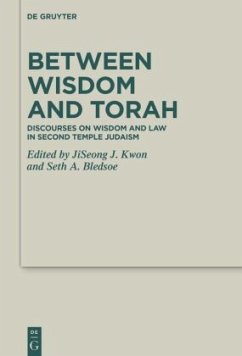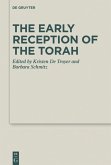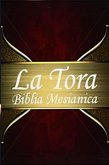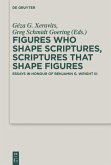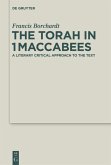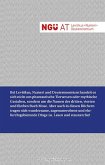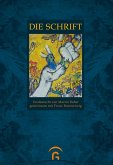Previous scholars have largely approached Wisdom and Torah in the Second Temple Period through a type of reception history, whereby the two concepts have been understood as signifiers of independent, earlier "biblical" streams of tradition that later came together in the Hellenistic and Roman eras, largely under the process of a so-called "torahization" of wisdom. Recent studies critiquing the nature of wisdom and wisdom literature as operative categories for understanding scribal cultures in early Judaism, as well as newer approaches to conceptualizing Torah and authorizing-compositional practices related to the Pentateuchal texts, however, have challenged the foundations on which the previous models of Wisdom and Torah rested. This volume, therefore, brings together several essays that aim to reexamine and rethink the ways we can describe the developments of texts categorized as "Wisdom" that proliferated during the Second Temple Period and whose contents point to an engagementwith a "Torah" discourse. By asking anew the question of whether "Wisdom" was transformed by/into "Torah" during this period, this volume offers reformulations on the discursive space between Wisdom and Torah through analyzing new identifications, confluences, and transformations.
Hinweis: Dieser Artikel kann nur an eine deutsche Lieferadresse ausgeliefert werden.
Hinweis: Dieser Artikel kann nur an eine deutsche Lieferadresse ausgeliefert werden.

